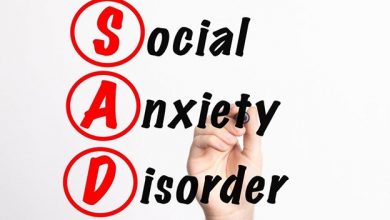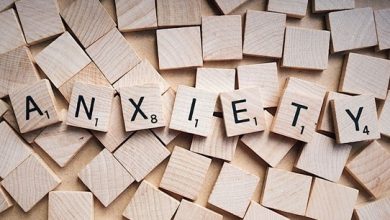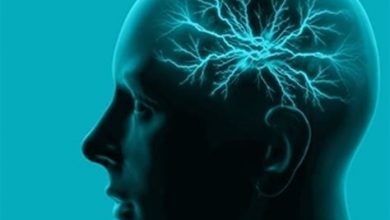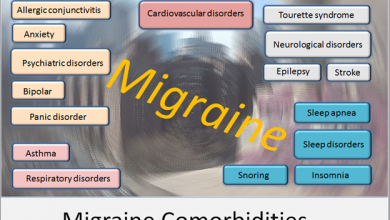How To Improve Your Memory
Ways to Sharpen your Memory
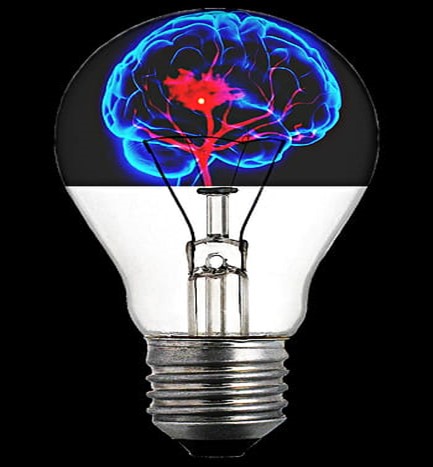
Tips to Improve Your Memory
Short-term and long-term memory both are possible. Your brain retains information in short-term memory for a few seconds or minutes. It can carry approximately seven objects at a time on average.
Now, let’s explain the difference between long-term memory and procedural memory:
Long-term memory is used to store and recall information that needs deliberate effort to remember. This may include preparing for exams, memorizing facts, or recalling personal experiences such as learning to ride a bike for the first time or remembering your favorite movie.
Procedural memory is another type of long-term memory that includes skills and routines that you do so much that they don’t require conscious recall.
In this article written by Juan Plamen, we’re going to give you great advices that you can follow and find some of the best ways to improve your memory.
Now, let’s go to the article!
Let Your Brain Work
Engaging in new activities or exposing the brain to a variety of sensory stimuli is the perfect way to exercise it.
You build new brain pathways when you interrupt the routine or do something difficult, writing with your non-dominant side, dribbling a basketball with your non-dominant hand, or taking a different route to work are all examples of this, smelling a certain scent when listening to a specific piece of music is an example of sensory stimulation.
You can choose anything you normally do by rote or on autopilot and actively adjust the way you do it to stimulate brain activity in a new way.
Pay Attention
If you’ve never heard anything before, it’s very difficult to recall it.
A piece of information is processed through the hippocampus and directed to the appropriate memory center in about eight seconds of intent concentration. If you can’t focus, get easily distracted, or do a lot of things at once, the chances of retrieving specific details are slim to none.
Make Use of As Many Senses As Possible
Although there are many different learning modes, such as visual, auditory, and kinesthetic (touch), you should use any of them in the course of trying to recall something, regardless of which one you have.
If you’re a visual learner, reading aloud or even reciting rhythmically will help you remember more. Build a mental image or look at pictures when reading aloud if you’re an auditory learner. It’s also useful to connect knowledge to colors, textures, smells, and tastes.
Organize The Data
Making connections and connecting knowledge to what you already know is a helpful way to remember new information, using what you already know to help you remember new information.
Often, write important items down in notebooks, schedules, and post-it notes, and reorganize the details in a systematic way to ensure that you remember them.
Make Use Of Mnemonics
Mnemonics are a type of memory aid or technique for recalling complex knowledge. They are any kind of clues that assist us in remembering something, typically by associating it with a visual picture, a phrase, or a word.
For example, a rhyme to remember the number of days in each calendar month is “30 days hath September, April, June, and November.” The use of mnemonics to “chunk” information is another example.
Chunking is the process of breaking down a long list into smaller, easier-to-remember units or categories. To remember a long number, divide it into groups of 2, 3, or 4 to make it easier to remember. You can also use vibrant mental images to code and structure details.
Maintain A Good Outlook And Stay Inspired
When you are enthusiastic about learning and doing new things, your memory improves naturally. If you tell yourself you have a poor memory, on the other hand, you are potentially hindering your brain’s ability to recall. Maintaining a positive outlook instills trust in one’s ability to succeed.
You will greatly boost your memory by integrating the above tips and tactics into your daily routine. You will not only learn and retain more in school and at work, but you will also be happier in your personal and professional relationships.
Practice Good Health Habits
Exercise on a daily basis. It improves brain oxygenation and lowers the risk of diseases like diabetes and heart disease.
Memory loss is exacerbated by poor health of some kind. Similarly, get plenty of rest and eat well. Sleep is important for concentration and clear thinking, and healthy eating habits provide the nutrients your brain needs.
Check My Private Psychology Library: Best Digital Books for Psychology
Read More About Business Here > Psychology Blog
…
Would You Like To Be Able To Help, Heal, And To Change Your Life And The Life Of Many People By Learning New Skills?…
Below Are The Easiest And The Most Effective Ways To Make It Happen!
Other Important Resources
- Book: Improve Your Life Today Book
- Instagram: Personal / Eagle Beagle Spirit
- Visit Our Shop: Eagle Beagle Spirit Shop or Become An Ambassador
Always fighting for your rights and your daily improvement,
Juan Plamen

